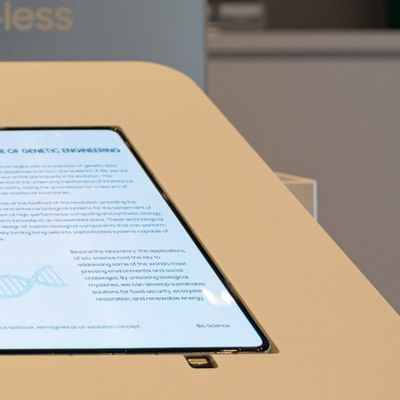BusinessWeek reports that Apple has launched an expanded environmental section of its website to offer extensive information on the company's green initiatives and provide a closer look at the environmental impact of its products over their complete life cycles, from raw materials to customer usage to recycling.
Apple, which has received criticism from environmental groups such as Greenpeace over its environmental impact, is hoping to change the way companies are judged on those issues to include actions instead of promises and to look at the full impact of both production and usage.
"A lot of companies publish how green their building is, but it doesn't matter if you're shipping millions of power-hungry products with toxic chemicals in them," says CEO Steve Jobs in an interview. "It's like asking a cigarette company how green their office is."
Apple notes that 53% of the company's greenhouse gas emissions comes from customer usage of its products, placing focus on its efforts to reduce power consumption through a variety of methods. Apple also notes that it is the only company in its industry to have its entire computer product line certified as Energy Star compliant.
The company is also highlighting extensive reports on the environmental impact of each model it sells , noting the reduction and elimination of a number of toxic chemicals from its products.
The company is disclosing new product information, as well as overall carbon emissions. Apple will document on the new Web site data that it ended the use of controversial polyvinyl chlorides (PVCs) and bromide flame retardants (BFRs) in its devices last year. HP and Dell had promised to do the same by 2009, but recently pushed that back. Apple is also going further and pushing suppliers to get rid of bromine and chlorine, the harmful ingredients in PVCs and BFRs.
Apple's increased willingness to share environmental information and changes to its practices have started to turn the tide in the eyes of several environmental groups. The Carbon Disclosure Project recently gave Apple a score of 73 out of 100 for the breadth and depth of its public disclosures, whereas the company scored only a rating of 7 in 2008.























